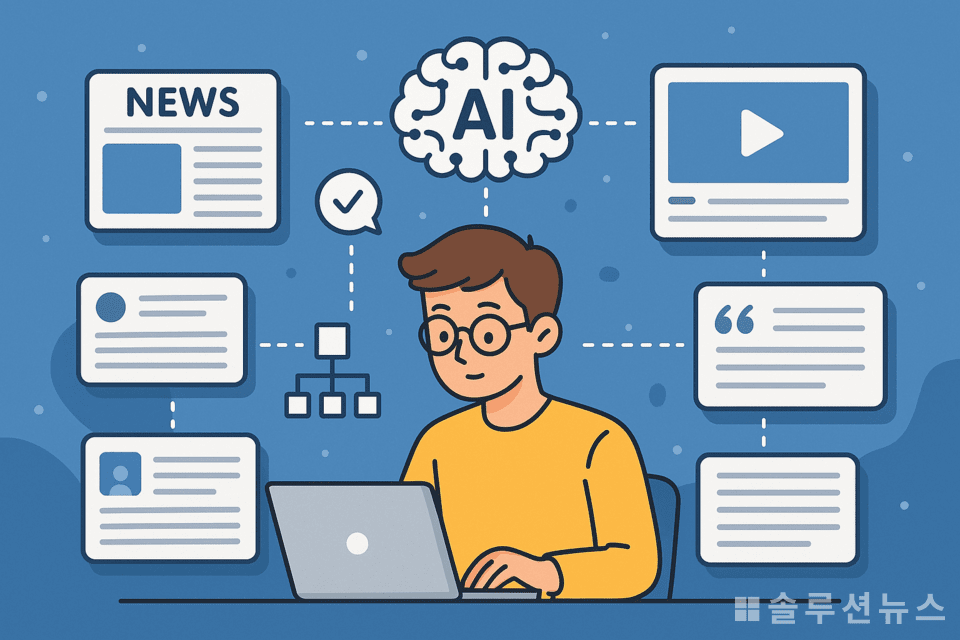Information spreads quickly, but truth is not easily verified. With the expansion of the internet and social media, an era has emerged where anyone can produce content. At the same time, false information and manipulated content stand at the center of social chaos and distrust. Especially in sensitive issues like elections, pandemics, and international conflicts, false information wields more influence than the truth. Artificial Intelligence (AI) is emerging as a technology that could resolve this crisis of trust.
AI analyzes vast amounts of information to identify subjects that require verification. By using natural language processing and machine learning technologies, it categorizes various contents such as news, posts, and videos, and identifies the argument structure or source of sentences. This method is much faster and covers a wider range than the traditional manual fact-checking methods. Repeated false assertions or suspicious patterns can also be detected in advance.
Videos and audio are no exceptions. Deepfake detection technology analyzes the movement of a person, the frequency of the audio, and the compression method of the video to determine if manipulation has occurred. Recently, technology has also emerged to detect manipulation during live streaming. It is employed across various fields to block forged content, including political agitation, celebrity impersonation, and financial fraud.
Media companies and platforms are also responding. They have introduced their verification technologies or are operating trust evaluation systems in collaboration with external agencies. Some platforms pre-display the trust level of posts or adjust exposure ranges based on verification results. The trend is shifting from blocking the spread of false information after the fact to making it less visible in the first place.
However, technology is not flawless. It is difficult to accurately interpret context, satire, or complex expressions. Errors or biases in algorithms can also diminish reliability. There are concerns that AI judgments should not be absolute, especially as verification results could act as a social stigma.
What matters more than technology is the process. It should be disclosed who, according to what criteria, and based on what data the verification was done. Citizens need to understand how algorithms operate to trust the verification. The strength of fact-checking lies not in precision but in the transparency and fairness of the process.
AI is not a technology to make things believable. In an era overflowing with unverified information, it is merely a tool to aid in accurate judgment. Trust takes time. Technology should aim to contribute to building that trust.
